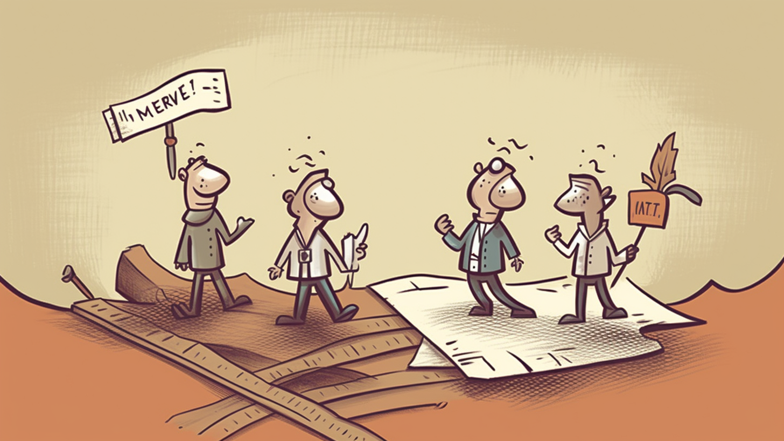
Making effective decisions is an important skill to acquire in both personal and professional life. Each decision, no matter how small, can have significant consequences, thus, knowing how to make informed decisions can help to improve the quality of your life. Making decisions is not always easy, and some can find it quite daunting, especially when there is a lot at stake. Fortunately, there are strategies and techniques that can simplify the decision-making process. This article aims to provide you with comprehensive guidance on how to make effective decisions.
Define the Problem or Decision to Be Made
To make an effective decision, it's important to define the problem or decision to be made. Often, we assume that we know what the problem is, but it's essential to examine the situation carefully. Begin by asking questions such as what is the problem, why is it a problem, when does it occur, and what are the factors involved? It's important to identify the root causes of the problem rather than the obvious symptoms.
Understand the Consequences of Each Decision
Once you understand the problem, the next step is to identify possible solutions or alternatives. List all the available options and examine the pros and cons of each one. Then, evaluate each option by considering the consequences of each decision. Consider not only the immediate impact but also the long-term effects of each decision. Be sure to consider all the stakeholders involved in the decision. Finally, weigh the pros and cons of each option to determine which one will lead to the best outcomes.
Decide on the Best Course of Action
After you have examined all the possible solutions and their consequences, you can now decide on the best course of action. It's important to choose the option that will achieve the desired result while minimizing the negative impact on everyone involved. Evaluate the decision by asking questions such as; will the solution solve the problem, how long will it take to implement, and what resources will be required? Deciding on the best course of action can be difficult, so it's essential to remain objective and revisit the pros and cons of each option.
Gather Information
To make informed decisions, it's crucial to gather as much information as possible. Research the topic, read books and articles, and seek advice from experts in the field. The more information gathered, the better equipped you will be to make a smart decision. Where possible, try to find data that supports each potential solution or alternative. Ensure that your information is from credible sources to avoid making decisions based on unreliable information.
Identify and Prioritize Criteria
In some cases, making decisions can be complicated. To simplify the decision-making process, it's important to identify and prioritize criteria. Criteria are characteristics or factors that are essential in the decision-making process. For instance, if you're deciding to buy a car, some criteria to consider could be the cost, fuel efficiency, and reliability. By identifying and prioritizing criteria, you can weigh the options more efficiently and arrive at a better solution.
Embrace Risk
Every decision comes with risk. It's impossible to eliminate risk entirely, and trying to do so might lead to inaction. Embrace risk, but be sure to weigh the potential outcomes. Identify the potential positive and negative outcomes of each option. The best decision might be the one that minimizes the negative outcomes rather than avoiding risk entirely. Remember that taking calculated risks is often necessary to achieve success.
Use Logic and Critical Thinking
Logic and critical thinking are essential in the decision-making process. Critical thinking involves analyzing the problem, examining all solutions, and arriving at the best option based on the information collected. Think logically and practically, avoid making decisions based on emotions or biases. Analyze the situation, explore all solutions, identify the risks and benefits of each option before deciding on the best course of action.
Seek Feedback
Getting feedback from others can help you make better decisions. Seek input from impartial individuals who can offer different perspectives. Listen to their suggestions and opinions. Incorporating the feedback into your decision-making process can help you arrive at a better solution.
Conclusion
Effective decision-making is a fundamental skill necessary in both personal and professional life. Making decisions can be challenging, but by following these practical strategies and techniques, the process can be simplified, and better decisions can be made. Remember that defining the problem, seeking information, weighing the pros and cons of each option, identifying risk, using logic and critical thinking, and seeking feedback can all help you arrive at the best course of action for every decision. With practice, effective decision-making can become second nature, leading to better outcomes in all aspects of your life.
Comments
Post a Comment